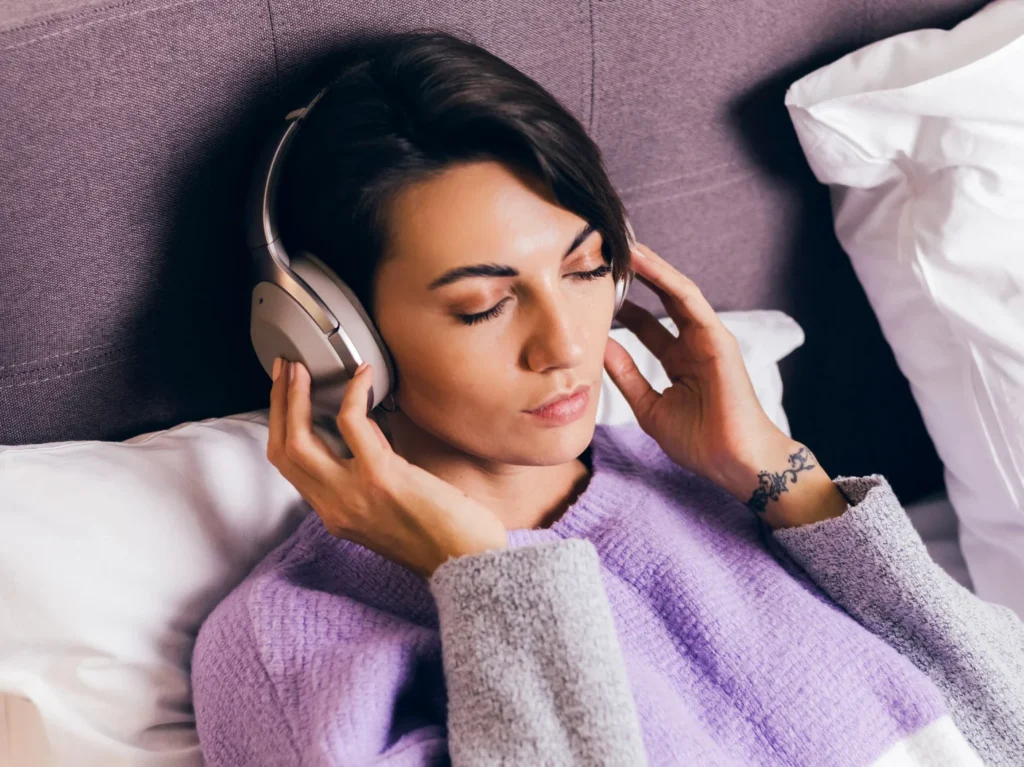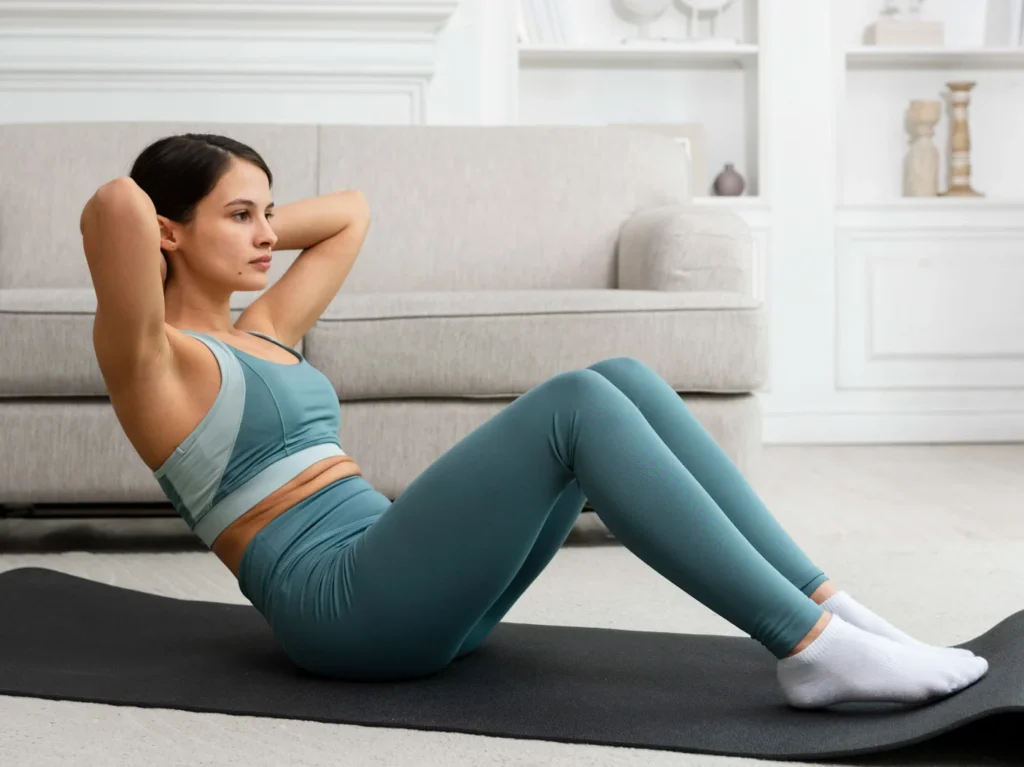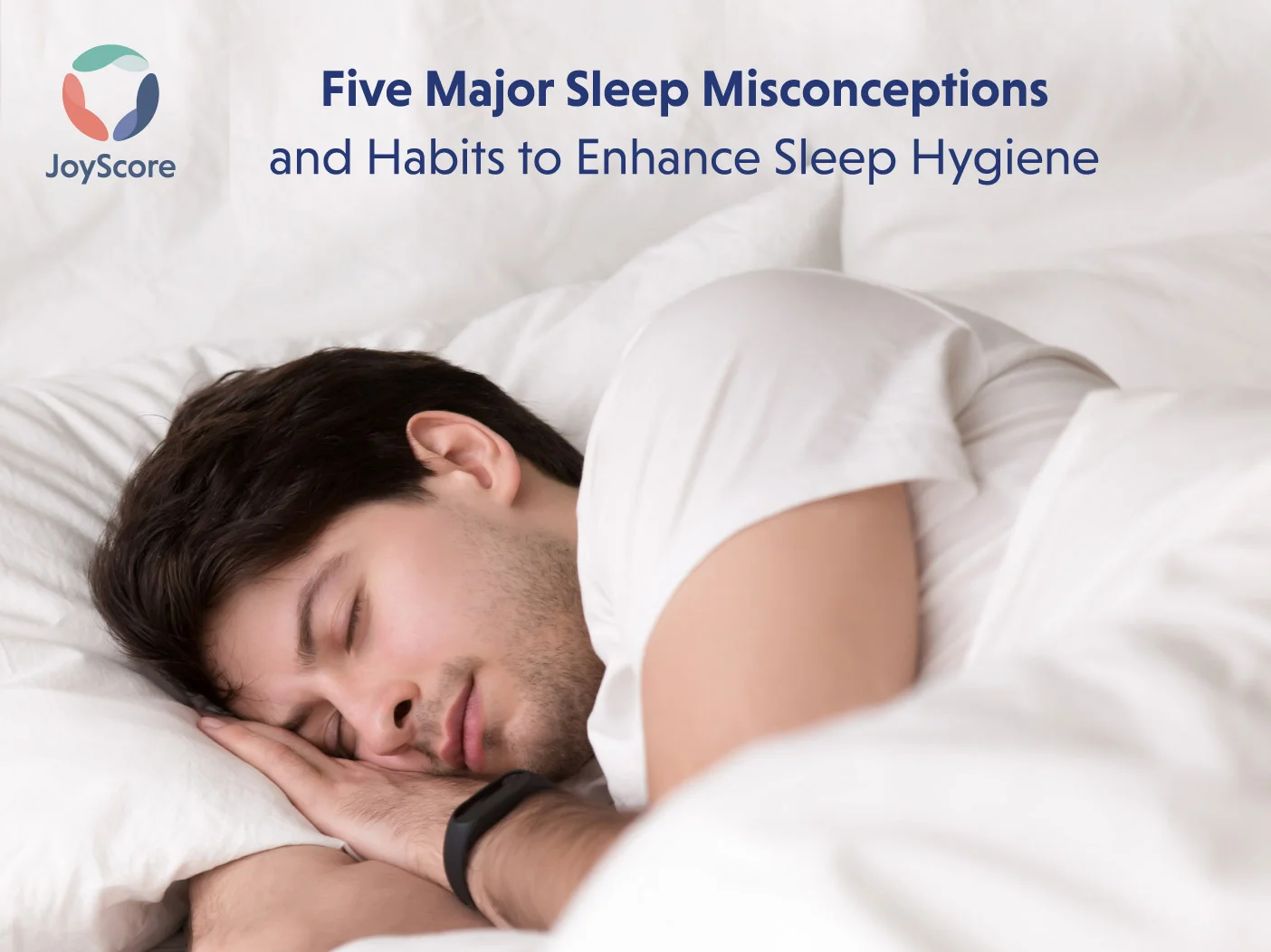Although we have an ever-going scientific field working to provide insight into the importance of sleep, false information is commonly spread over the internet or by word-of-mouth. Therefore, it’s important to know what information is actually true when it comes to sleep. Let us guide you!
Here are five major misconceptions regarding sleep, which need to get substituted with good habits.
MYTH 1
How many hours you sleep is all that matters
TRUTH
Sleep quality is not determined by the hours you are sleeping. Disrupted sleep or fragmented sleep is also considered to be poor sleep hygiene. Fragmented sleep is marked by numerous awakenings which decrease the time spent in the most restorative stages of sleep. For that reason, 7-8 hours of night sleep cannot be compensated with any hours of day sleep. Although a nap can give you a boost of energy during the day, long naps can leave you disoriented and sluggish. Naps do not involve progression through the stages of sleep in the same way as during the night and so a nap should not be extended over 30 minutes.
MYTH 2
If you are not able to fall asleep, stay in bed
TRUTH
It is better to get up and engage in some relaxing activity in dim light if you can’t fall asleep. Tossing and turning in bed will not help. If it has been more than 20 minutes, try reading a book in a different room because staying in bed will associate your bed with the feeling of restlessness, which is the opposite of what is needed.
For those who do not prefer reading, there are many other activities you can do. For example:
- Playing some calming sounds or noises
- Focusing on a word, phrase, or breathing pattern to distract yourself from thinking about external concerns
- Practice a passive attitude and remind yourself that it is normal for your mind to wander
- Finding a cozy and comfortable position to relax and calm your mind.

MYTH 3
Maintaining a warm temperature in the bedroom for a better sleep
TRUTH
Sleeping in a hot and cozy room, when the temperature is around 60 Fahrenheit, may disrupt your sleep. Sleeping in a room that is too hot can cause unwanted awakenings and will be bothersome. Your body temperature drops while sleeping. Therefore, if the room is too hot it will prevent sending heat away from the core efficiently. Here are some ways to optimize your bedroom’s temperature:
- Keeping the blinds closed during the daytime to reduce heat build-up
- Shifting downstairs in summers
- Switching on fans or air conditioners in hot weather and heaters in winter
- Reducing sweating by using good quality pillows, mattresses, sheets, and pajamas
- Taking a warm bath an hour or two before going to bed
- Having better ventilation in the room by opening windows
MYTH 4
It is harmless to sleep with a light on.
TRUTH
Sleeping with too much light restricts you from falling into a deep sleep. It can pose eye strain and will have negative effects on your circadian rhythm. This is because, even when we are sleeping with closed eyes, light penetrates and increases the risk of awakenings. In children, lack of sleep is associated with moodiness and irritability. Therefore, higher quality sleep is best in a dark-pitched room. However, if reducing light is difficult, you can use an eye mask.
Light doesn’t particularly mean the light from ceiling lights or lamps. We need to reduce our exposure to other light sources also before sleeping, i.e. television, cell phones, computers, and tablets.
MYTH 5
Alcohol helps you fall asleep better
TRUTH
Consuming alcohol before sleeping can throw off your sleep cycle. You may initially feel drowsy and relaxed which can make it easier to fall asleep but the second half of the night will be disturbing. You will experience poor sleep quality accompanied by snoring and sleep apnea. For that reason, avoid taking alcohol before bedtime to maintain sleep hygiene.
The effect of alcohol on your sleep pattern depends on the amount of alcohol and the time taken to consume the drink. Overuse and long-term alcohol use are the reasons behind exaggerated sleep apnea, which results from relaxed throat muscles and narrow airways.
Some more healthy habits to enhance your sleep pattern are listed below:
- Go to bed each night at the same time, even on weekends
- Don’t worry about getting enough sleep. Rather resting in bed and thinking nice thoughts is more productive.
- Eat a healthy diet including foods beneficial for the production of melatonin, a hormone that promotes sleep. Some of these foods are milk, chicken, turkey, and pumpkin seeds.
- Be mindful about eating foods before bedtime that will keep you up, such as spicy foods, large meals, sugary foods, coffee, or other caffeinated drinks.
- Stay fit and active during day time. It helps you enjoy a sound sleep at night.

CONCLUSION
People spend a lot of time and effort exercising and worrying about a healthy diet. But, you must not forget about good sleep as it is the third side of the triangle. So, get rid of the misconceptions about sleep and follow these proven facts to get a restful night’s sleep.
Download the JOYSCORE app for positive and healthy tips and tricks.
Download on the Appstore
Get it on Google Play



